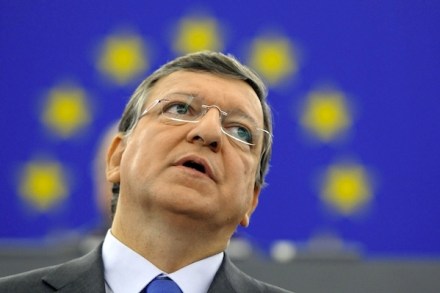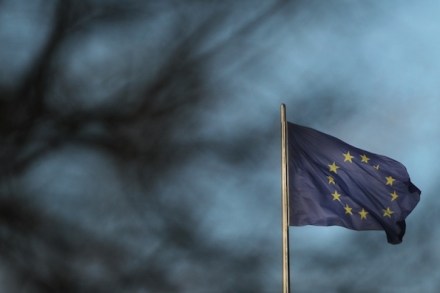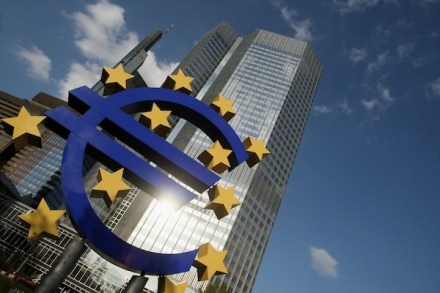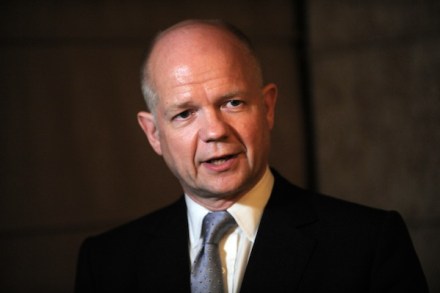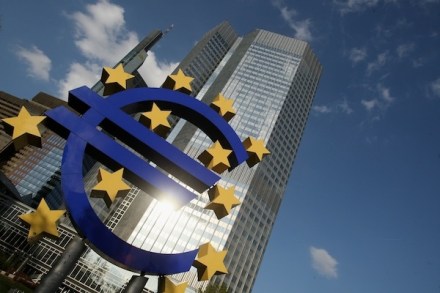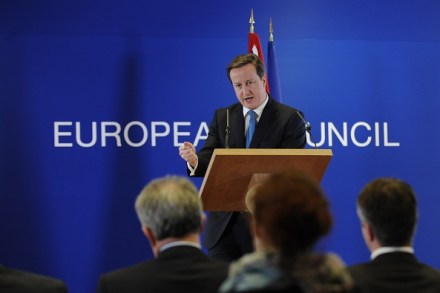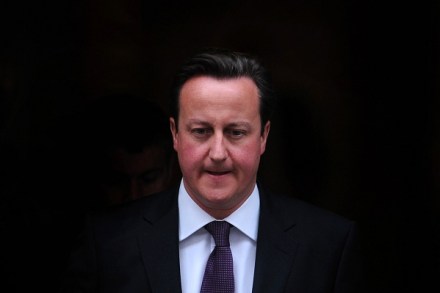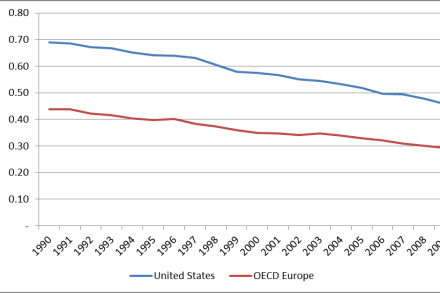David Cameron’s big European week
David Cameron’s plan for this autumn was to largely avoid the topic of Europe at his party’s conference, then to focus on the issue later in the year. It’s only a few days since the Tories gathered in Birmingham, and the Prime Minister is already facing a big week on Europe. Home Secretary Theresa May will kick things off by announcing today that she wants Britain to opt out of more than 130 European Union measures on law and order, including the European Arrest Warrant. The opt-out itself, which the Home Secretary is expected to say Britain is ‘minded’ to do, is not the tricky bit: it’s which measures to








